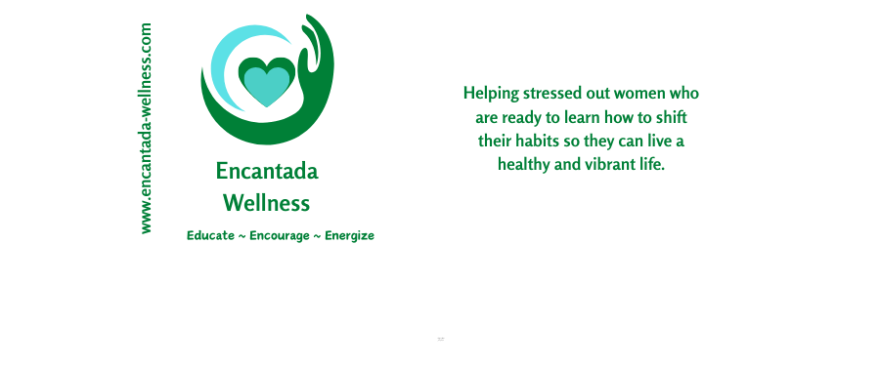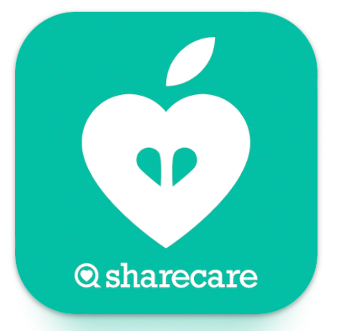|

Emotional Eating July 2024
“The technical definition of emotional eating is eating to escape, numb, change, or amplify our feelings,” Susan Albers, PsyD.
Ask yourself some questions
- Do you eat more when you are feeling stressed?
- Do you eat when you’re not hungry or when you’re full?
- Do you eat to feel better (to calm and soothe yourself when you’re sad, mad, bored, anxious, etc.)?
- Do you reward yourself with food?
- Do you regularly eat until you feel stuffed?
- Does eating food make you feel safe?
- Do you feel powerless or out of control around food?
- What situations trigger you to want comfort foods?
- What emotions cause stress for you?
|

|
People frequently use food to fill emotional needs or as a reward for doing something they didn’t want to do but forced themselves to do anyway. While this seems so common to use food this way no one questions it, the long-term consequences of emotional eating tend to be an overweight and unhealthy body.
The training for emotional eating begins in childhood. When a child gets a shot at the doctor’s office, they are rewarded with a lollipop. When they accomplish something important, they are rewarded with food also. Have you seen little league baseball teams at a restaurant, celebrating their victory or being consoled for their loss? As a child, were you told to finish all the food on your plate, even though you were no longer hungry, because there were starving children in Africa?
As an adult, if you have a fight with your partner, do you automatically reach for ice cream or chocolate as a way to feel better? If you have a rough day at work, do you go home and eat vegetables or stop at a fast-food restaurant for greasy salty food? Unfortunately, after you finish the food, the problems still exist, your partner is still inconsiderate and you are still being overworked and underpaid. And on top of the original problems you may feel guilt, shame or completely lacking in self-control.
Often, emotional eating is a desperate attempt to avoid the feelings associated with stressful events: anger, fear, sadness, anxiety, loneliness, resentment, guilt, shame or even boredom. While you are busy eating, you can temporarily avoid feeling the distressing emotions.
But why is it so hard to control emotional eating? What it often boils down to is being stressed! When we are stressed, your brain sends out a signal to produce cortisol. The cortisol was originally meant to help us stay alive. It lets the body know it needs to be prepared to defend itself or run away as fast as possible. To do that, it will need energy and fast. After all these millennia on earth, the body still doesn’t understand the difference between being stuck in traffic making us late for an appointment, an argument with our partner and being chased by a wild animal. The physical response to the perceived stress/danger is the same. And to prepare for that ‘fight or flight’ situation, your body thinks it needs sugary, fatty, salty foods, so it has the energy to run.
But the worst part about emotional eating is once you finish the food, you still don’t have an appropriate coping mechanism to deal with the emotional stresses that caused the emotional eating in the first place.
So how do we overcome emotional eating?
Check in with your stomach. Are you physically hungry or emotionally? If you are physically hungry, make good food choices. If you are emotionally hungry, keep reading.
|
Physical
|
Emotional
|
|
Gradual onset
|
Sudden and urgent onset
|
|
Any food will work
|
Specific craving (pizza, chocolate)
|
|
Will stop when full
|
Tend to overeat
|
|
No feelings of guilt
|
Feel guilty afterward
|
If you have determined you are emotional eating frequently, here are some things to try:
Keep a food journal: Write down what you eat, how much you eat, when you eat, how you're feeling when you eat and how hungry you are on a scale of 0 to 10. This is for data collection, not shaming. This can help you find the pattern between what is happening, how you are feeling and what you are eating.
Get busy: Go for a walk, put on some music and dance, get out in nature, read a book, play with the dog. Cravings WILL pass. The urge may seem overwhelming and that you have to give in, but you don’t. Cravings come and go. Just distract yourself until the craving passes.
Take away temptation. If it’s not easily accessible, you are less likely to eat it. If you are desperate enough to drive to a store and get it, at least you will have time to think twice before you actually eat it.
Phone a friend: Have a support network that can help you resist the urge of emotional eating. Advise them ahead of time what you need them to do if you are feeling in danger of emotional eating.
Stock up on healthier snacks: If you are feeling the urge to eat, try fruit, vegetables or nuts instead of non-nutritious, high calorie foods.
Don’t stress (for long): We all get stressed, but realizing what is happening and learning stress management techniques such as deep breathing, yoga or meditation can make a big difference.
Just give in. . .(mindfully): It’s not going to hurt to have a few bites of comfort food. But really pay attention to what you are eating. Turn off any distracting noises (TV or phone). Sit down. Close your eyes to block out distractions. Chew each bite slowly. Fully enjoy the flavors and textures in your mouth. Empty your mouth completely before you put more food in. You are less likely to overeat if you are enjoying each bite so thoroughly.
Learn and adjust: If you have an episode of emotional eating, forgive yourself and start fresh the next day. Gather information about the situation leading to the episode and make a plan for how you can prevent it in the future. Give yourself credit for all the positive changes you are working. DON’T GIVE UP. Keep working at it every day.
We overeat, not because we enjoy food too much – it is because we don’t enjoy it enough. – Charles Eisenstein
COOL RESOURCE
|
 
|
Eat Right Now® helps you create healthy eating habits you can feel good about. Find ease in your relationship with food through accessible, daily lessons and practices scientifically proven to reduce craving-related eating by 40%.*
The Eat Right Now program helps you retrain your brain so you’re able to easily identify stress and emotional eating patterns, reduce cravings, and build sustainable eating habits. Developed by Dr. Judson Brewer MD PhD, an addiction psychiatrist and world-renowned expert in mindfulness training, and the team at Sharecare, Eat Right Now gives you step-by-step training to help
|
UPCOMING EVENTS
Our group Zoom meeting is where we learn new things and encourage each other to reach our wellness goals.
Join us Thursday July 11th as we have a discussion about emotional eating.
On Thursday July 25th join us to find out more about Type 3 Diabetes.
Email me at EncantadaEnergyWork@gmail.com to receive the Zoom link.
Blessings,
Deanna
Please feel free to forward to any woman who you think can benefit from this info. :0)
If you have any topics you would like more information on, please let me know!
|